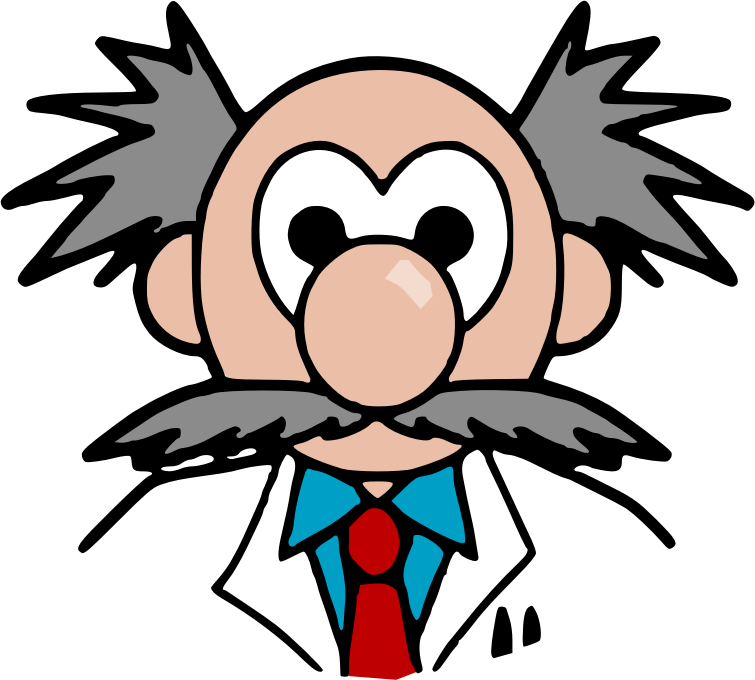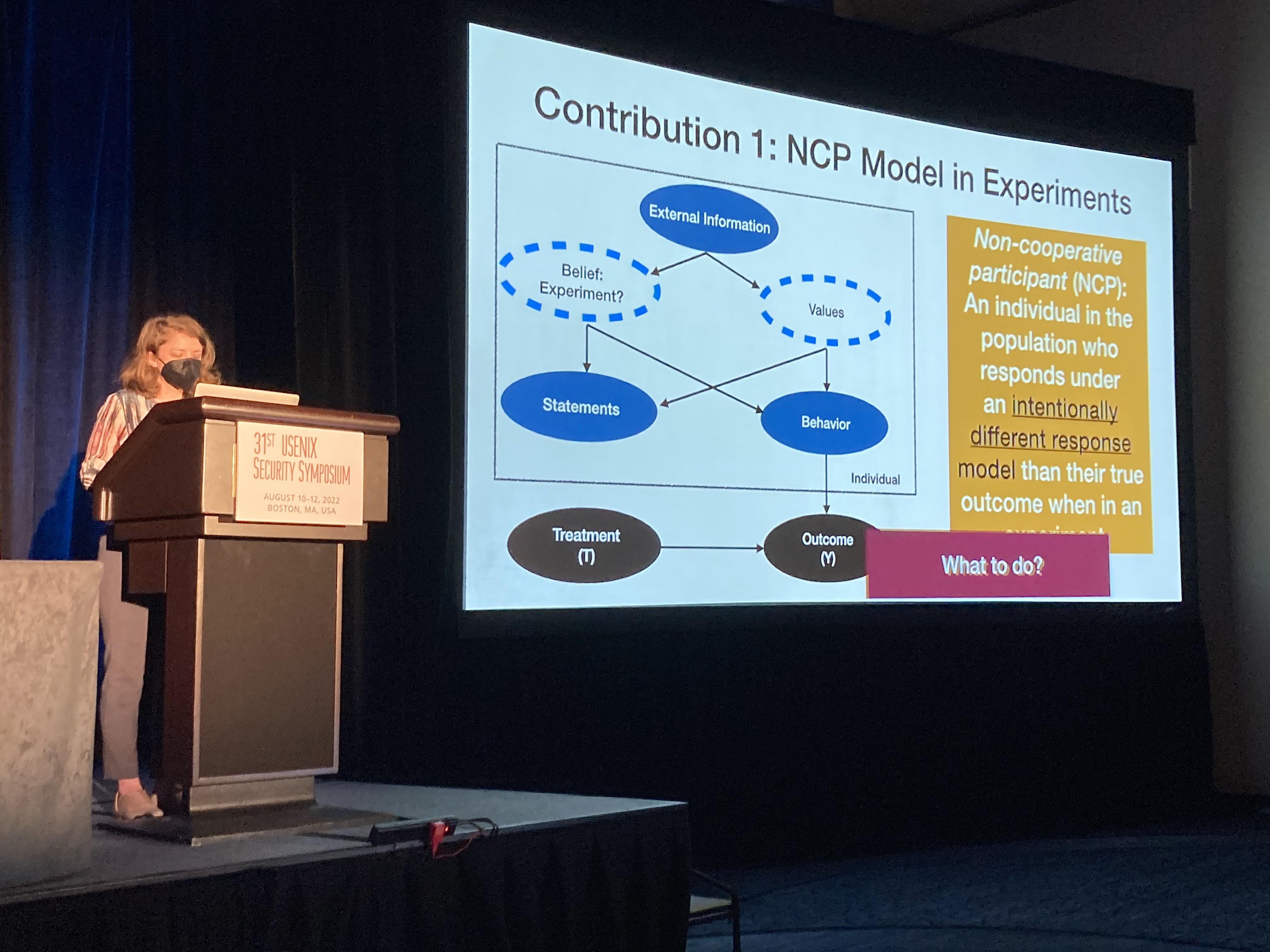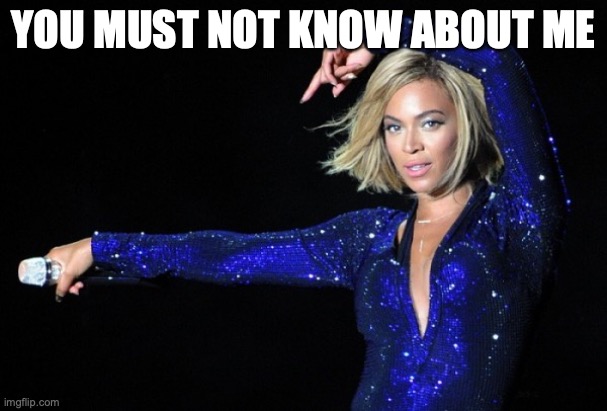Challenges with Locality and State in ExPL Annotations, Part I
ExPL, the experiment specification language of Helical, relies on user-provided annotations to infer an implicit post-interventional causal structure and query set. Annotations are attached to ExPL expressions and provide a link to the program variables in HyPL. Because ExPL encodes stateful executions, we need to be able to reason about the scope over which stateful operations apply. In this two-part blog post we'll talk about some challenges associated with using these annotations.


